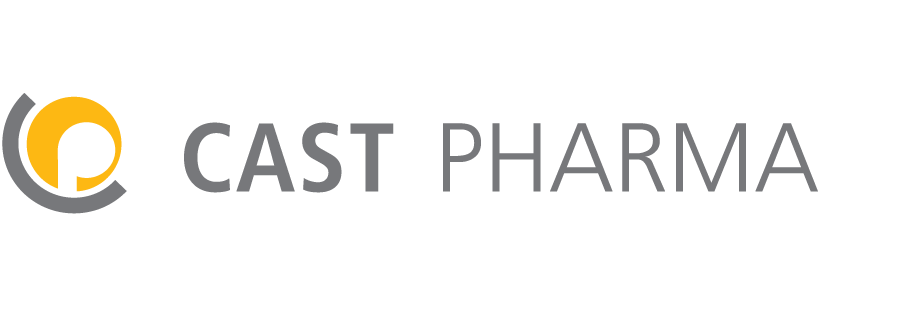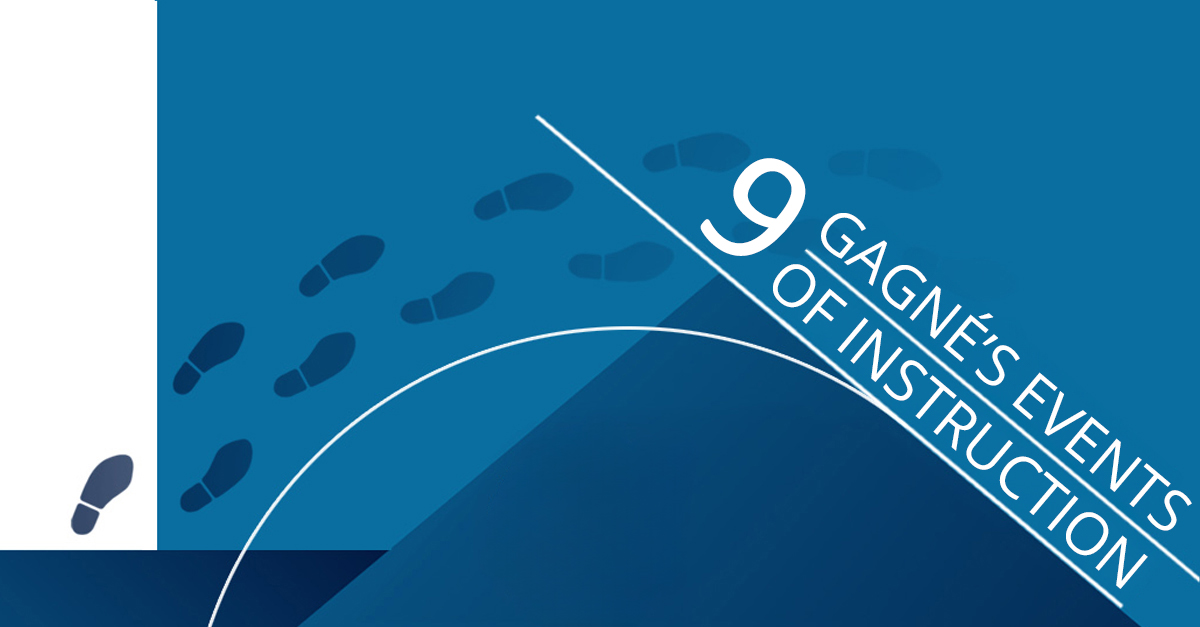The importance of Gagné’s events of instruction for medical training
Medical training generally consists of a mix of lectures, small group learning, and hands-on experience. Robert Gagné, an educational psychologist, developed a framework that describes the necessary steps for effective instruction called the nine events of instruction. Although some argue that Gagné’s work is too reductionist, his model is still widely used in education because it provides a clear structure for designing instructional materials and activities. When used correctly, the nine events can create learning experiences that are engaging and enjoyable for both students and instructors.
What are Gagné’s nine events of instruction?
Gagné’s nine events of instruction have been used in training for many years and have been proven to be an effective method of teaching. The nine events are as follows:
 Catching attention
Catching attention
 Informing the learner of the objectives
Informing the learner of the objectives
 Stimulating recall of prior knowledge
Stimulating recall of prior knowledge
 Presenting information
Presenting information
 Providing guidance
Providing guidance
 Eliciting performance
Eliciting performance
 Providing feedback
Providing feedback
 Assessing performance
Assessing performance
 Enhancing retention and transfer
Enhancing retention and transfer
These are not necessarily a set of sequential steps, as some events may be repeated or omitted altogether depending on the situation. They instead provide a general framework for how to effectively train employees or new team members in the pharmaceutical industry.
The benefits of using Gagné’s nine events in medical training
There are many benefits to using Gagné’s events of instruction when training teams. First, it allows for a more organized and concise presentation of material. This is important because team members need to be able to understand and remember large amounts of information. Second, using Gagné’s events helps ensure that all the important information is covered. This is critical in medical training because even one small detail can make a big difference in communication with KOLs or other stakeholders. Finally, using Gagné’s events provides a structure that can be used again and again. This is beneficial because it allows for consistency in training.
Why are the nine events especially important for medical training in pharma? There are a few of the events that stand out as critical for learning in medical affairs.
Catching the attention of learners is always a good practice. But given the immense amount of content covered in an MSL training, making sure that you have everyone geared up and ready to learn is key. Using highly visual training materials can help in this regard, as well as activities that are both challenging and enjoyable.
Likewise, informing the learners of objectives has a special relevance for medical affairs. New trainees need to know not just what information they are going to receive but also what they will be able to do after the training when they start their jobs. This increases their investment in the learning process by showing them the value of the training. So learners should know not only that they are going to learn about a phase III clinical study but also that after the training, they will be able to talk with HCPs about the limitations and relevance of that study.
Stimulating recall of prior knowledge is crucial for medical training in particular. MSLs are expected to be able to recall information precisely, such as the exact wording of indications and clinical trial endpoints. This is why a good medical affairs training initiative will include assessments, quizzes, and activities that help new recruits recap what they’ve learned. The repetition helps them prepare for recalling important details when they’re out in the field with HCPs.
Role plays where a facilitator or participant take the roll of an HCP can further reinforce learning. Group discussions also give the facilitator the opportunity to provide feedback and guidance during the learning process. For a training to be worth their while, MSLs should be given plenty of opportunities to get feedback on their responses and participation in group discussions. This allows the facilitator to identify knowledge gaps and correct misconceptions.
There is certainly more than can be said about developing a training for medical affairs using Gagné’s nine events of instruction. Structuring your curriculum, agenda, and materials with the nine events will help you get the most out of your medical training.


